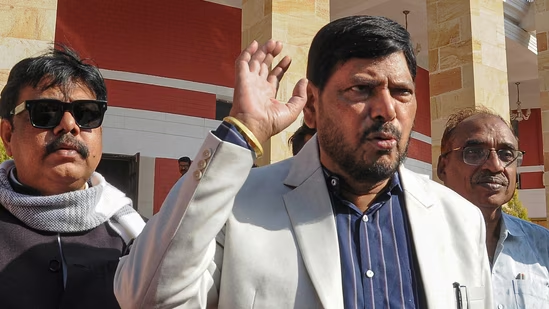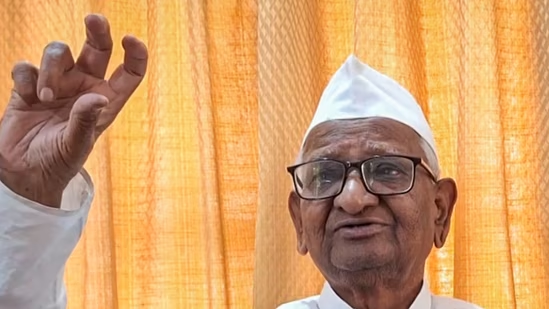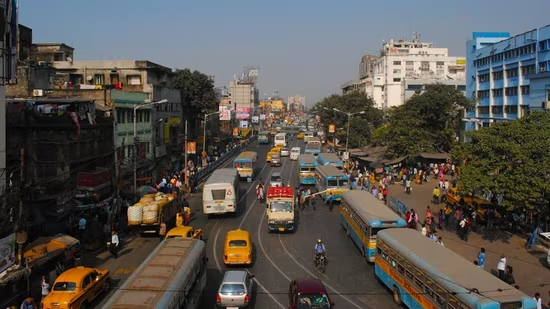In recent weeks, a tragic incident in Kolkata has sparked nationwide protests and a renewed focus on women’s safety in India.
The brutal rape and murder of a 31-year-old junior doctor at RG Kar Medical College and Hospital has not only outraged the public but also highlighted systemic failures in ensuring the safety and security of women across the country. This article delves into the details of the case, the public’s response, and the broader implications for women’s safety and systemic reform in India.
The Outcry for Justice
On August 9, 2024, the murder of a junior doctor in Kolkata became a catalyst for a massive public outcry. The victim, who had just completed a grueling 36-hour shift, was attacked in the seminar hall where she had been sleeping. This horrific crime has brought to light the broader issue of women’s safety in India, where, according to the National Crime Records Bureau, over 31,000 women were raped in 2022 alone—an average of 86 cases per day. This statistic underscores the urgency of addressing systemic issues related to sexual violence and women’s safety.
Systemic Failures and Corruption
The attack on the Kolkata doctor is emblematic of deeper systemic issues within India’s healthcare and justice systems. The conditions under which the doctor was forced to work, including the lack of secure spaces for medical staff, reflect broader problems in government hospitals. The former principal of RG Kar Medical College, Sandip Ghosh, has faced scrutiny not only for his alleged role in mishandling the case but also for corruption, including financial irregularities and trafficking in biomedical waste.
The case has also highlighted significant flaws in the justice system. The alleged perpetrator, Sanjay Roy, had access to the hospital despite a history of criminal behavior. The subsequent actions, including the hasty renovation of the crime scene, have fueled public distrust in the authorities and intensified demands for transparency and accountability.
The Role of the Judiciary and Government
The Supreme Court’s decision to take suo moto cognizance of the RG Kar case marks a significant step toward addressing the issues surrounding workplace safety for women. This is a crucial development given past controversies where higher judicial authorities were involved in allegations of sexual harassment. The court’s intervention is a welcome move but must be part of a broader reform strategy.
The response from political leaders has also been mixed. The BJP’s handling of allegations against its members, such as the case involving Brij Bhushan Sharan Singh, and the questionable actions of the Union government, have been criticized for failing to uphold justice and integrity.
A Changing Public Attitude
The protests that have erupted following the RG Kar incident are not merely reactions to a single tragedy but signify a shift in public consciousness. The “Reclaim the Night” movement, initiated on August 14, has gained momentum, with participants from various socio-economic backgrounds coming together to demand safety and justice for women.
This movement reflects a broader societal shift where even traditionally apolitical middle-class citizens are participating in protests. The support from various sectors, including housing societies and educational institutions, underscores a growing awareness of and resistance to systemic issues affecting women.
Looking Forward: The Path to Change
The protests and public outcry following the RG Kar case are crucial in pushing for systemic changes. The demands for justice include not only punishment for the perpetrators but also comprehensive reforms in the justice system and societal attitudes towards women.
To effectively address these issues, there must be a concerted effort to:
Implement Stronger Workplace Safety Regulations: Ensure secure environments in all workplaces, particularly for those in high-risk professions like healthcare.
Enhance Transparency and Accountability: Establish clear protocols for handling cases of sexual violence and corruption.
Promote Societal Change: Address cultural attitudes that contribute to the marginalization and victimization of women.
The RG Kar case has revealed the rot in India’s institutional frameworks and the urgent need for reform. The engagement of the public, media, and judiciary in addressing these issues is a positive sign, but sustained action is necessary to bring about lasting change.

































